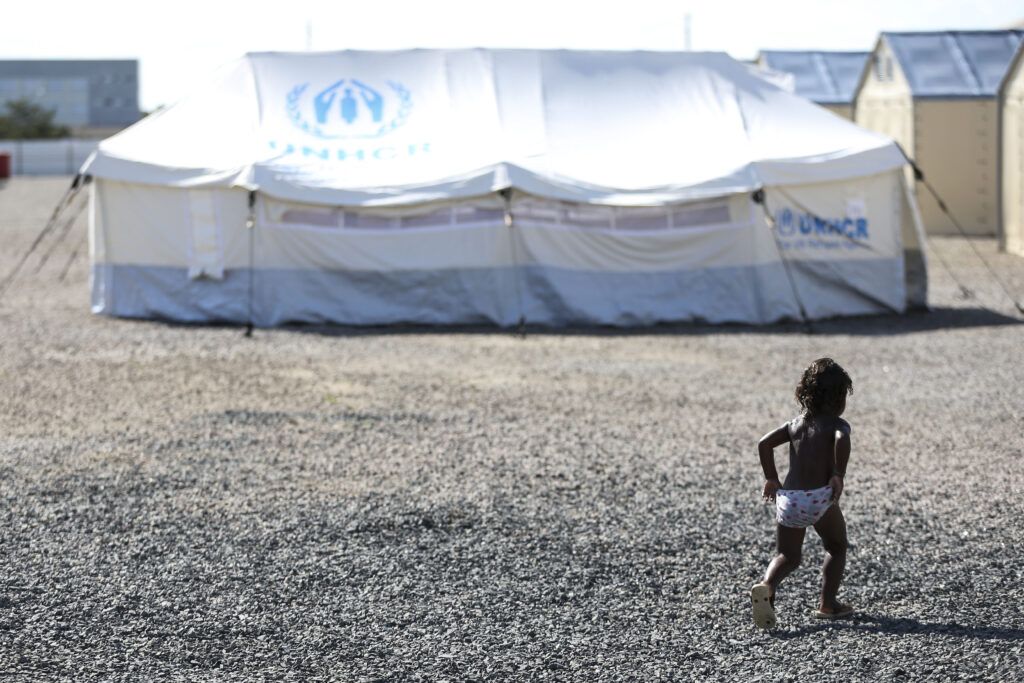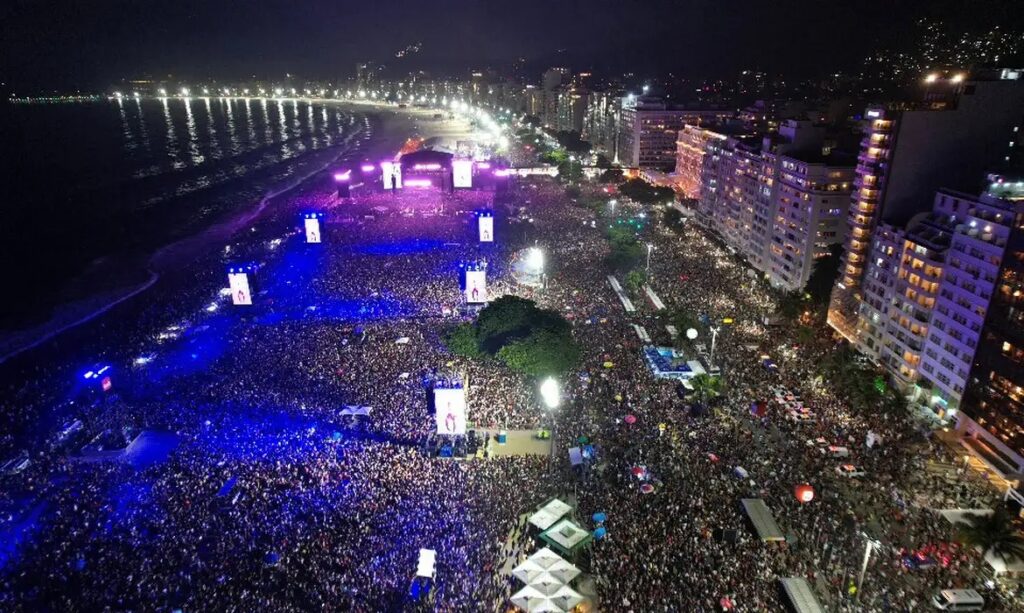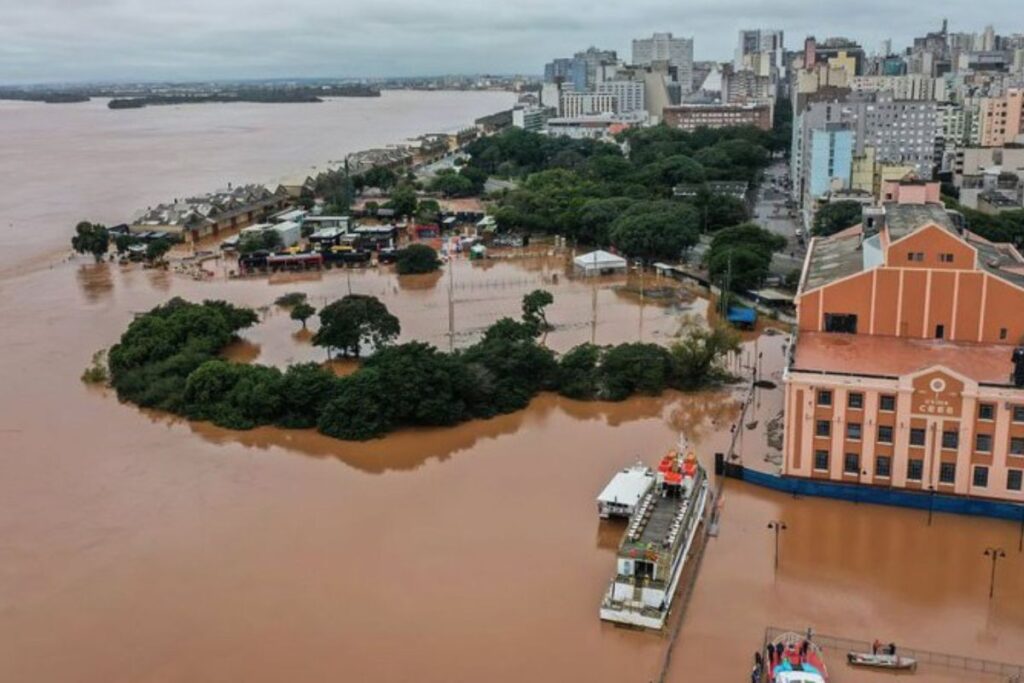Since the end of September, Brazilian authorities have registered unparalleled levels of violent attacks related to this year’s particularly controversial general elections.
A recent study carried out by independent journalism group Agência Pública – in collaboration with not-for-profit data collection organisation Open Knowledge Brasil – revealed that at least 70 attacks have occurred within the last 10 days.
These incidents have included the stabbing of a 40-year old female journalist in the region of Pernambuco – who was also threatened with rape – for wearing her journalist credentials whilst voting, as well as a 26-year old male journalist who was run over by a car for wearing a Lula t-shirt, among others.
Remaining candidates Jair Bolsonaro and Fernando Haddad have urged for a sense of calm to be restored among voters in the weeks approaching the second electoral vote.
“We dismiss the votes and any type of proximity with those who commit violence against voters not voting for me,” tweeted Bolsonaro, who had earlier told UOL reporters that it was not within his responsibilities to control the actions of his voters.
PT candidate Haddad also told reporters that he and his party “had to put an end to this violence,” wrote The Guardian.
However, Agência Pública found that the majority of the violence was carried out by Bolsonaro supporters, not against them. In fact, figures suggest that almost 50 of the 70 attacks were carried out by Bolsonaro supporters, who were also victims of six violent attacks. The context behind 15 of the 70 attacks remains unconfirmed.
In terms of geographical distribution, 14 attacks were reported to have taken place in the south of Brazil, 33 in the southeast, 18 in the northeast and three in the centre-west and three in the north.
Tension has been felt ever since right-wing candidate Bolsonaro was stabbed by a member of his opposition in a Minas Gerais campaign rally, a man who has since confessed to his actions, claiming he was acting “in the name of God.”
As a country, Brazil is still reeling from the political violence of the assassination of Rio City Councillor Marielle Franco, whose murder in March – investigators believe – was targeted.
A week before the first round vote of this year’s election, two candidates (who have since been elected) posed alongside a vandalised replica road sign dedicated to the late city councillor, which they appeared to have broken in half.











